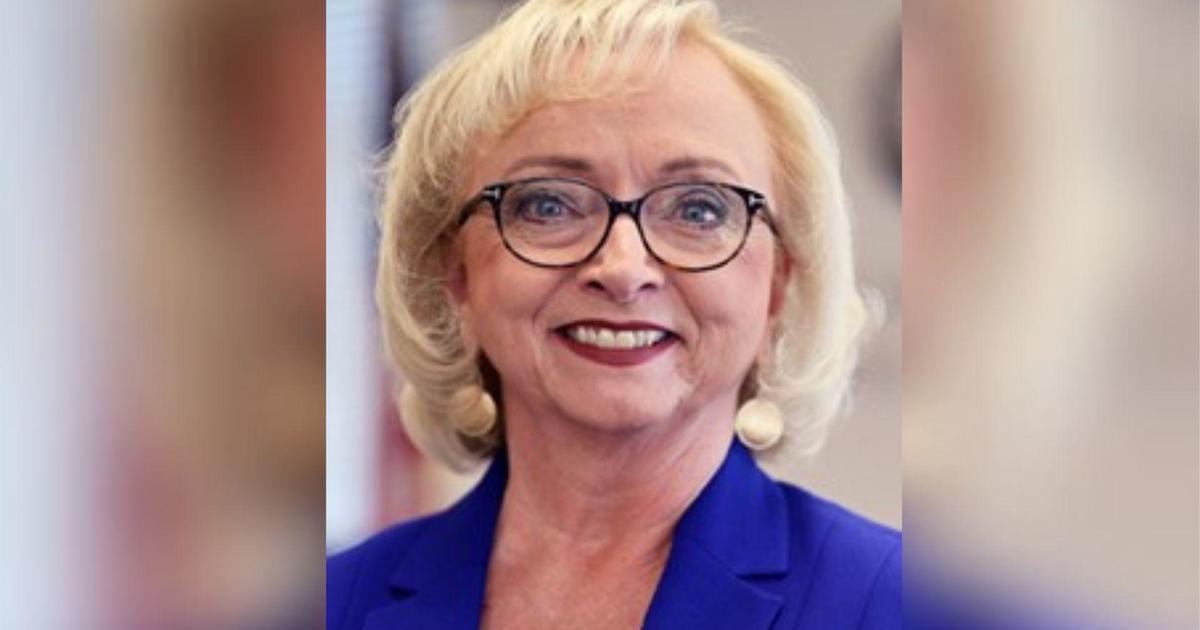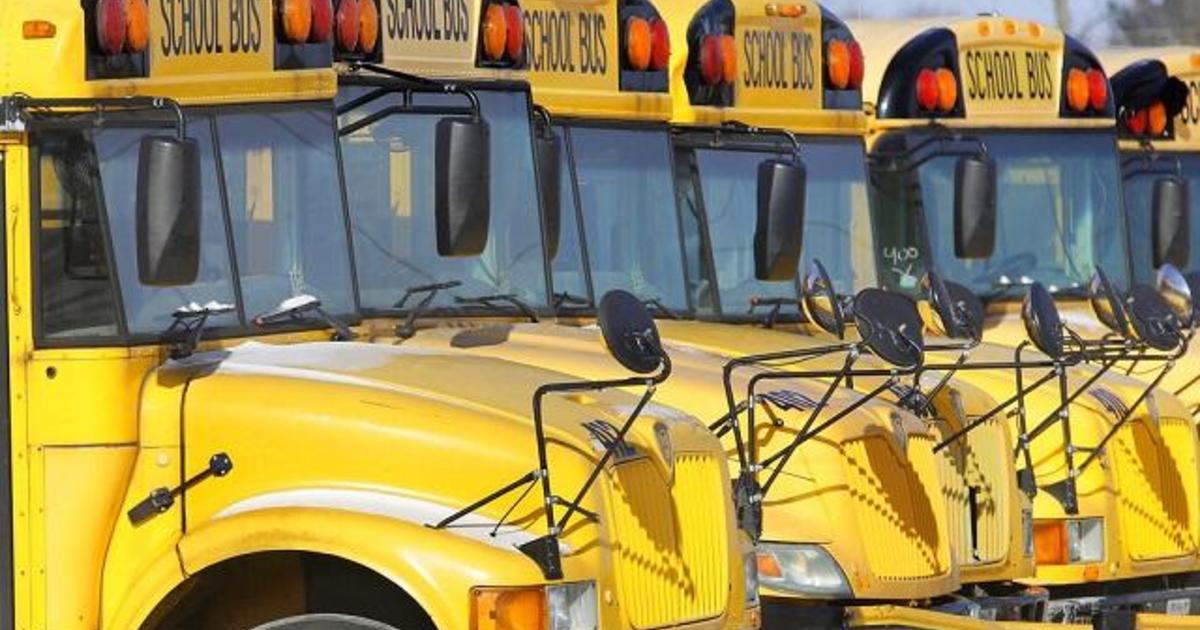State Lawmakers Seek To Lock In Transit Repair Funding
Capital News Service -- State lawmakers are pushing a transportation bill that would increase funding to the Maryland Transit Administration to make the state's bus system, MARC train, Metro and Light Rail more safe and reliable.
The state of Maryland had the greatest numbers of bus, Light Rail and Heavy Rail breakdowns in 2019 compared to any other state, said Sen. Cory McCray, D-Baltimore, calculated by major mechanical failures per 100,000 revenue miles.
The Transit Safety and Investment Act (SB199/HB114) would guarantee funding to the Maryland Transit Administration in future years, and aims to address the high number of breakdowns in the transit system.
Advocates for this bill argue it would strengthen the state's public transportation systems and reduce emissions, while others oppose it due to its significant fiscal impact.
The bill requires a minimum level of funding each fiscal year from 2023 to 2028 for "good repair needs" at the transit agency, going from $361 million in 2023 and ending with $531 million in 2028.
Maryland's bus, Heavy Rail and Light Rail breakdown numbers are leading the country "not in a good way," McCray said on Wednesday.
However, the Maryland Department of Transportation opposes the bill because it mandates spending and doesn't allow them to respond if a crisis arises, according to agency testimony.
In written testimony, the Maryland Department of Transportation pointed to $584.7 million it is adding to the Maryland Transit Administration's capital program over the next six years. Investing must be done in a way that is flexible and sustainable, the agency wrote in testimony.
Revenue declines during the COVID-19 pandemic have illustrated that there needs to be flexibility when it comes to funding, the agency said.
Baltimore Mayor Brandon Scott, D, spoke in the bill hearing last week to support the bill. Historically, Maryland's transit system has been underinvested, he said.
Scott recounted how long it took him to get to high school growing up in Baltimore, waking up at 5:30 a.m. just to get to school by 8 a.m.
Maryland's public transit system needs this bill to make transportation safe and reliable for workers, families, seniors and young people, McCray said.
Baltimore resident Kira Marshall leaves her house at 7:05 a.m. to get to work by 9 a.m. to avoid a potential bus breakdown or late bus, she told Capital News Service in an interview.
When buses are late or break down, commuters have to scramble to find a way to get to work on time while trying to communicate with their employers, Marshall said.
"I'm in an industry where flexibility is an option, but in a lot of industries… there's not as much flexibility available and if you're late you might just find yourself without a job," she said.
Advocates for the bill are also pushing it from an environmental and equity angle.
By having a robust public transit system, the state could reduce the number of emissions from single-occupancy vehicles like cars and trucks, said Ramon Palencia-Calvo, deputy executive director of Maryland League of Conservation Voters.
Transportation is the largest source of carbon pollution in the state of Maryland, Palencia-Calvo said.
"We will never be able to tackle climate change if we do not tackle transportation," he said.
One in three transit riders across the state are essential workers, said Lindsey Mendelson transportation representative for Maryland Sierra Club.
This is critical not just for the environment, but also for promoting equity and making sure people have reliable access to jobs, Mendelson said.
Another hearing for the Transit Safety and Investment Act is scheduled in a House committee on Wednesday.



